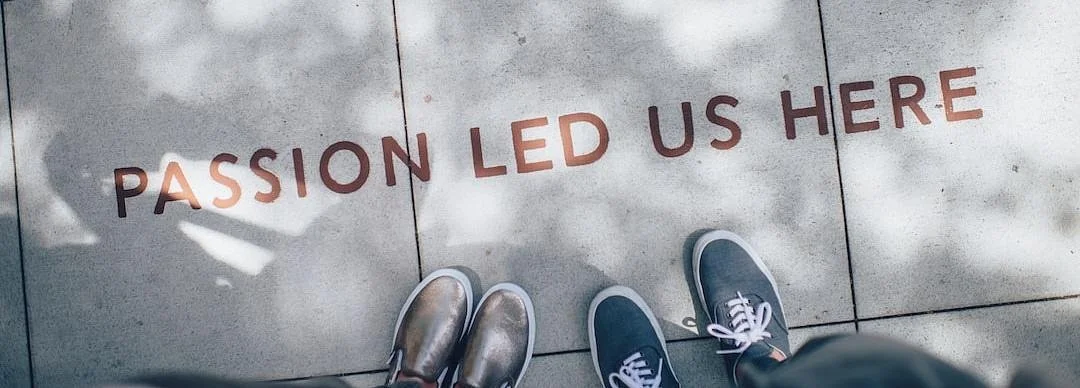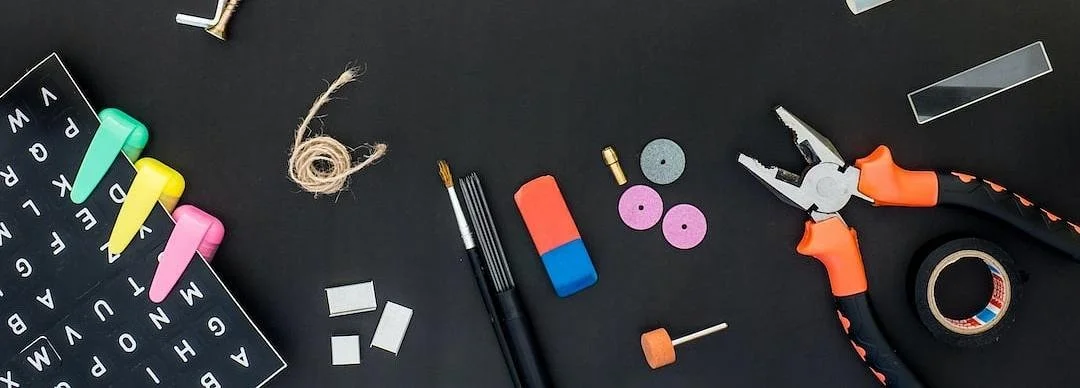Manifesto for Black Futures in the Arts
By
Harvey Dimond
Published in September 2021 as part of the extended digital edition of Social Works? Open journal…
“The murder of George Floyd by police officers in the U.S on the 25th May 2020 triggered a global wave of protest, solidarity and grief, and a period of reflection at the violent anti-Blackness that still plagues our planet. In the aftermath, many of the UK’s institutions publicly declared their support for Black Lives Matter, and promised to undertake systematic change.”
In the arts there has been a concerted extension of opportunity to Black creatives by organisations who had previously shown little to no interest or support. But whether this interest is genuine, permanent and dedicated remains to be seen. Despite the demand for Black artists and their work, what has not been extended is an invitation for Black people to rest, recuperate and heal.
Too often, we see institutions extending opportunities to Black artists for the sole purpose of virtue-signalling and showing shallow solidarity, and this has become more evident during the Covid-19 pandemic. Arts organisations are reaching out to Black creatives and other marginalised communities, encouraging them through ‘ring-fenced’ opportunities and positive action. However, they fail to do the institutional groundwork to ensure that their Black collaborators feel safe, supported and cared for.
So, here is my manifesto for how people working in arts institutions in the UK can respond to this urgent issue, and create sustainable and genuine long term change:
Create and sustain long term relationships with Black artists and artists of colour, instead of tokenistic gestures and shallow displays of solidarity.
Consider whether your place of work is a safe and welcoming space for Black creatives: it is incredibly harmful to invite us into your space if we are not welcome. Many Black creatives are already wounded from previous negative experiences with majority-white spaces. Institutions need to be sensitive and tentative to this, and take accountability for harmful and toxic behaviour.
Ensure Black employees and employees of colour working in the arts are given opportunities to rise within the organisations they work in. The upper echelons of the art world in the UK are still glaringly white.
Make comprehensive and relevant unconscious bias training mandatory for all staff within your organisation.
Give space on your website and social media to Black creatives and freelancers, free of charge.
Consider donations to charities or organisations that work towards social justice, particularly in regards to anti-racism. For smaller institutions that receive less funding, consider other forms of solidarity, such as knowledge sharing and volunteering.
Ensure your organisation is actively fighting the hostile environment policy. Migrants in Culture have been doing some excellent work in this area—http://migrantsinculture.com/
Consider what resources and facilities you have to share, and allow Black creatives free access to them.
Understand intersectionality and make space for work and conversations that consider intersecting identities, including Black LGBTQIA+ people and people without papers.
Recognise that there are many Black artists working outside of London, and consider them for opportunities: there is a deep and rich Black artistic heritage in regions outside London.
Institutions must move away from making a public event or exhibition the only outcome of a residency, and instead make space for artists to spend time undertaking research and experimentation—artists from marginalised communities are rarely afforded this luxury.



